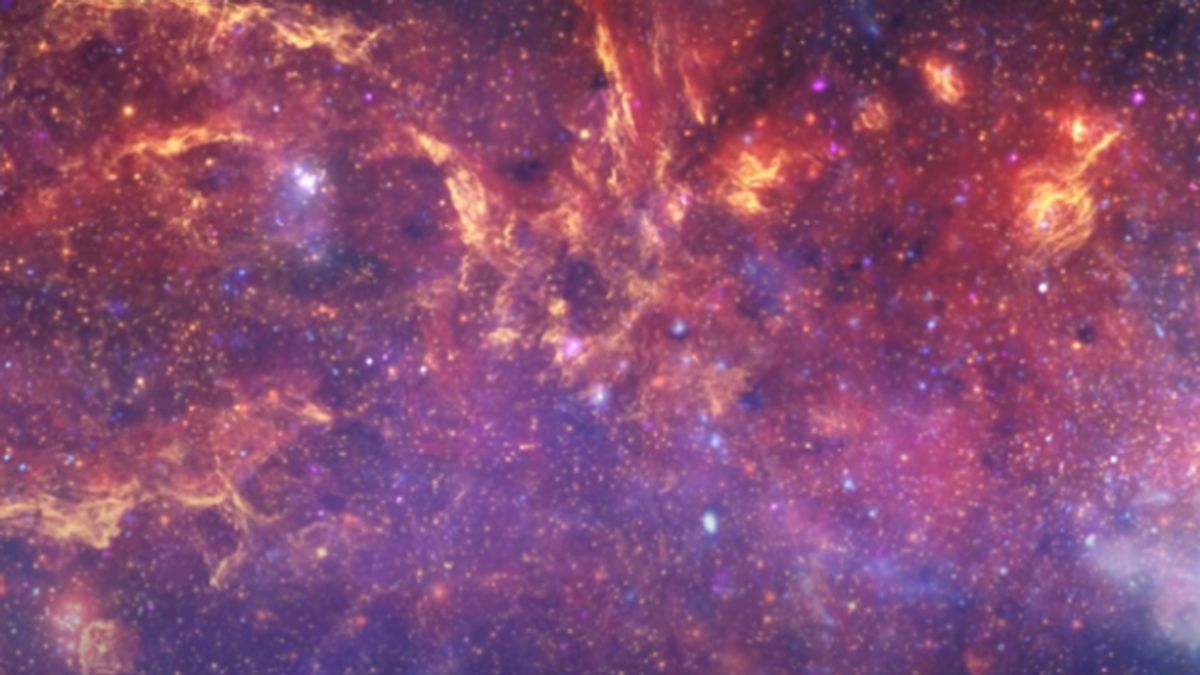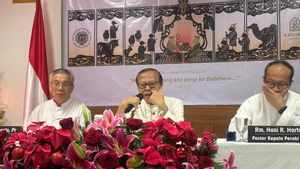JAKARTA - Who would have thought that the view of outer space could produce a beautiful sound. The melody was generated from the results of NASA experiments using the sonification process.
Using observational data from the Hubble Space Telescope, NASA succeeded in changing the arrangement of the Milky Way galaxy's image into a beautiful sound. This means that satellite images can be represented in different ways, not only visually but also with audio.
"These results give us the opportunity to see what the galactic center looks like in different types of light. By translating the inherent digital data (in the form of ones and zeros) captured by telescopes in space into images, astronomers create visual representations that will not be seen by us, "said NASA, as quoted by Slashgear, Friday, October 9.
This creative project was carried out by scientists at NASA's Chandra X-ray Observatory. Where scientists combine visual observational data and decompose it back into voice data.
In the sonification process, NASA scientists deciphered each data element from the image of the Milky Way galaxy. Scientists identify sound based on the intensity of light, gas, dust and space objects captured by the Hubble Telescope.
"Light objects located at the top of the image sound higher pitch while light intensity controls volume. Stars and compact sources are converted to individual tones while expanding clouds of gas and dust produce a thriving drone," NASA explained.
Through the sonification process, NASA has produced quite a number of sound tracks from space sights. The resulting music includes everything from massive sky surveys spanning hundreds of light years to more isolated images featuring stars, pulsars, and more.
Later the results of the sound from each space data will be studied further. It is possible that the researchers will present an audio-visual space exploration experience.
The English, Chinese, Japanese, Arabic, and French versions are automatically generated by the AI. So there may still be inaccuracies in translating, please always see Indonesian as our main language. (system supported by DigitalSiber.id)













